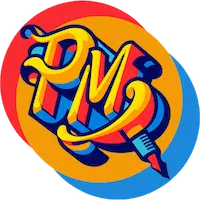| The following is a rewrite of information in the Arnold Schwarzenegger Pump Club email, 2024-March-08. |
Arnold Schwarzenegger’s Perspective on Reps in the Gym
Arnold Schwarzenegger emphasizes the importance of a full stretch and flex in every gym rep, as demonstrated in his video tutorial.
Research Insights: Beyond Arnold’s Approach
Contrary to Arnold’s method, research indicates that muscle growth is not exclusive to a full range of motion; partial reps can also contribute significantly.
Scientific Evaluation: Comparing Full and Partial Range of Motion
A thorough analysis of 23 randomized controlled trials explores how range of motion impacts muscle growth. Surprisingly, both full and partial range of motion exhibit similar effects on muscle size, strength, body fat, and sports performance.
Distinguishing Factors: Full Range of Motion’s Unique Benefits
While the effects are comparable, full range of motion stands out in terms of improving strength, power, technique, tension during exercises, flexibility, and sports performance.
Arnold’s Approach Validated: The Importance of Stretching
Delving into the details, it becomes evident that Arnold’s emphasis on the stretch portion of the exercise aligns with the research findings. Focusing on “long muscle lengths” during training stimulates the release of crucial proteins, such as mTOR, activating muscles for enhanced growth and strength.
Key Takeaway: Maximizing Muscle Growth through Stretching
The research indicates that prioritizing the stretch phase, as advocated by Arnold, could be pivotal in maximizing muscle growth. Training from “long muscle lengths” not only activates proteins crucial for muscle development but also ensures comprehensive muscle engagement during exercises like pull-ups or bench presses.

